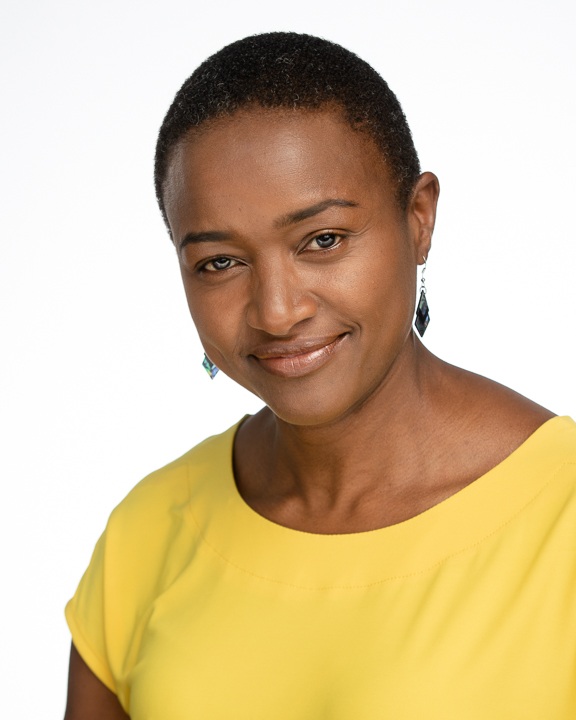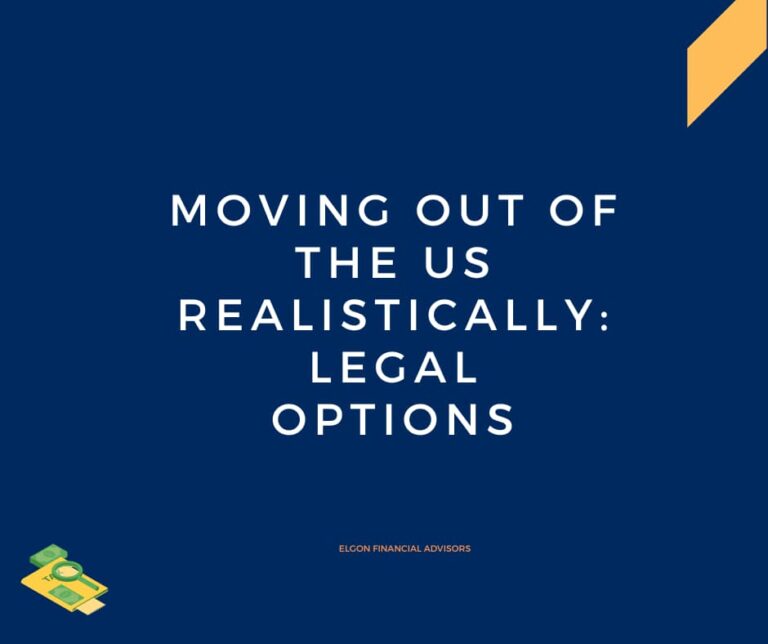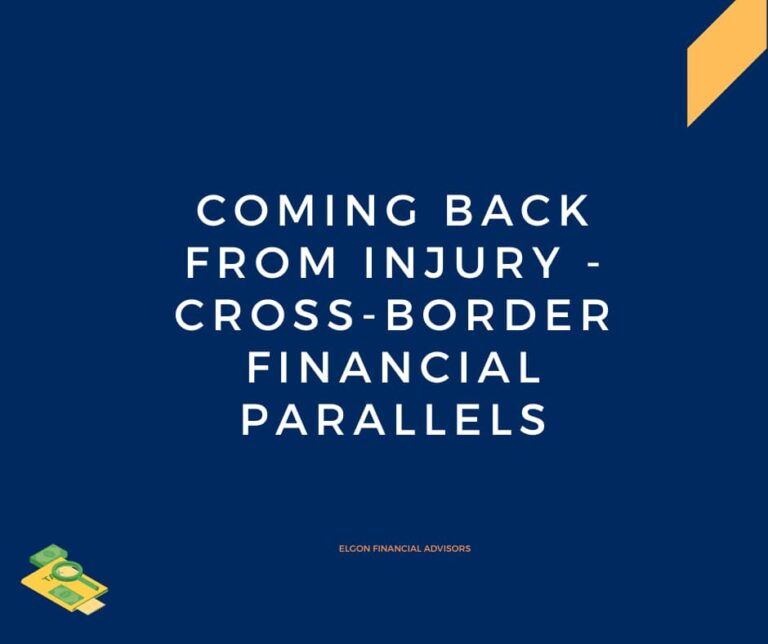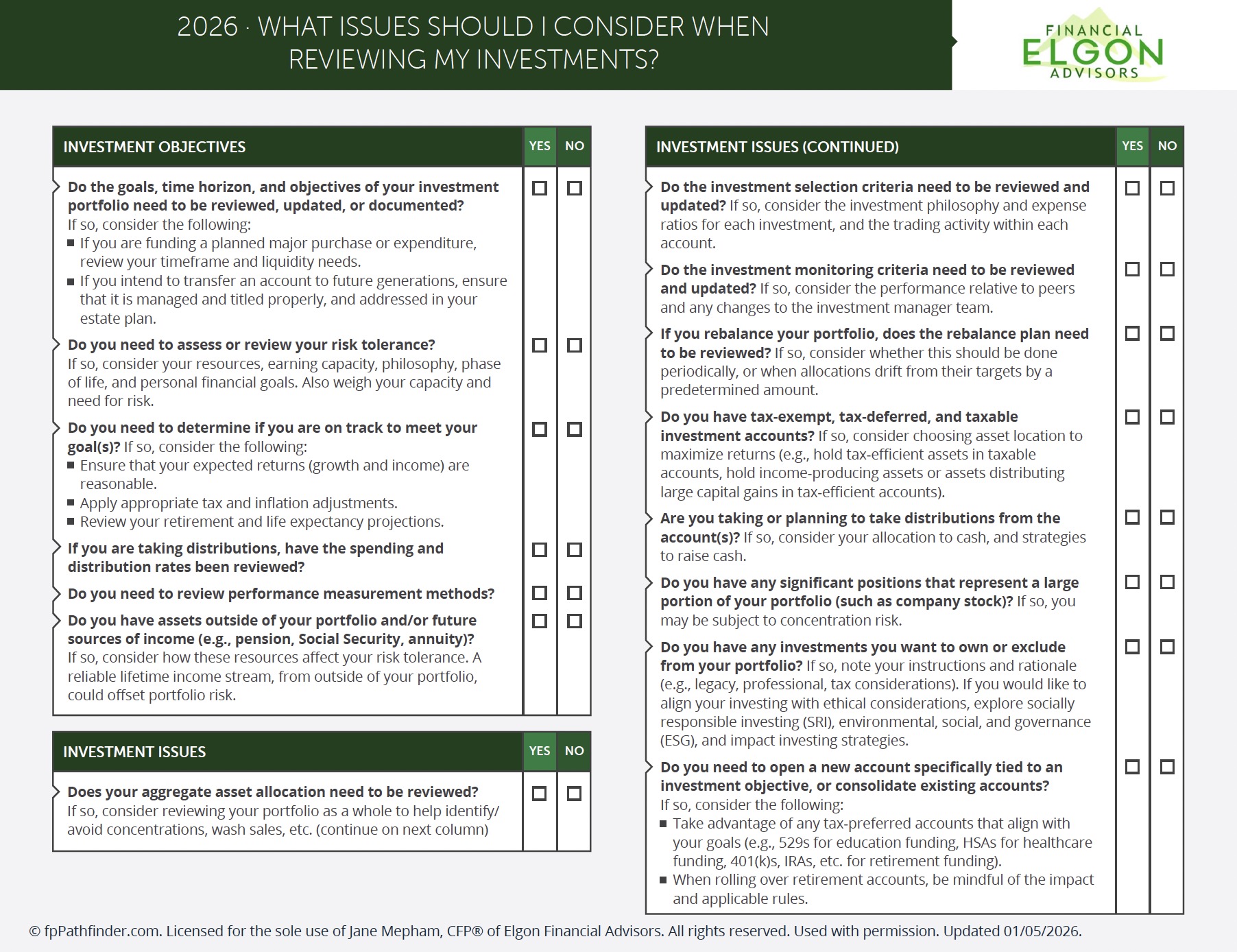Are you afraid of talking to your kids about money?
PS: This is a guest post by my youngest, who is currently in her first year of college.
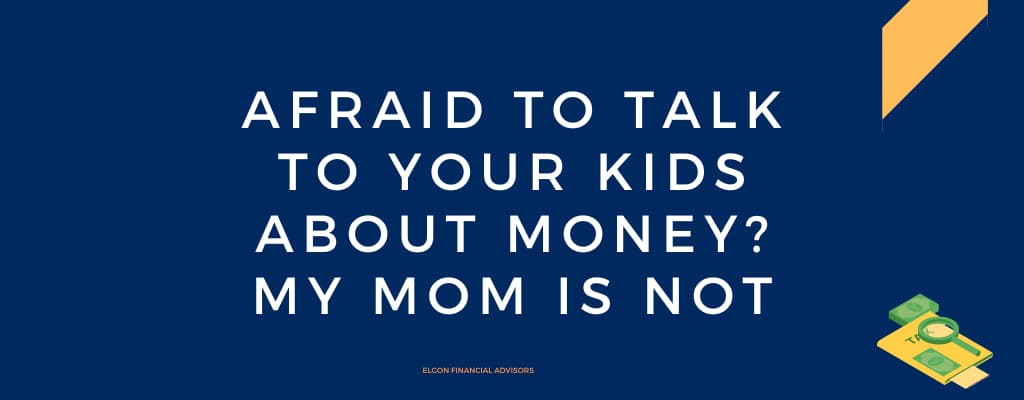
Money is a topic that many people struggle to discuss openly.
My Early Money Memories
However, in my experience, we talked about money almost daily. Many of my childhood memories involve my mother and me sitting at the kitchen table, filling out my little “save,” “spend,” and “give” envelopes, and discussing what toy I was working towards getting next.
This may seem odd to some, but I am extremely grateful for every second of it. Even as a child, my mother taught me the importance of my money and what I chose to do with it, and those teachings will stick with me for the rest of my life. She was not afraid of talking about money.
My Mom’s Story
As an immigrant, my mother faced the brunt of the US financial system. She came to this country with nothing, and despite the many challenges our financial system threw her, she found a way to overcome each one.
She is passionate about passing this on to others, hence her company, Elgon Financial Advisors.
Through her experiences, she has guided my sister and I through the challenges of personal finances, making sure that we won’t make the same mistakes she did. She has shared her mistakes with us openly.
Money Is Not Given But Earned
As a child, my mother taught us the basics: money is not given; it must be earned. You can then decide how much to give, spend, and save.
That was our first lesson. To earn money, we did some house chores that we called “job-jobs”.
You could only do the paying “job-jobs” after your regular household chores.
She continued to build on this by talking to us about our futures and encouraging us to save to meet different goals instead of spending it all.
Positive Relationship With Money / The Special Backpacks
This helped instill a positive relationship with saving and encouraged us to save more. My sister was on board with saving from the beginning.
At age 6, she spoke to the whole church about a backpack she had saved for and bought with her own money.
The whole family was very proud of her.
Of course, I had to be like my older sister, so I soon followed suit, saving up all my money for a “Diego backpack”. I loved that backpack. I took it everywhere; it had a special place when I wasn’t using it.
This was one of our first experiences buying something for ourselves, and my sense of pride made me want to continue on this path.
More Advanced Lessons
At around 7 or 8, my mother started sharing more in-depth information. At first, it was simple things such as how credit cards work and how they can get you into trouble, explaining budgeting, how ATMs work, and soon we also started on taxes.
She sat down with us to watch some Dave Ramsey videos. Dave discussed almost every financial topic, and we listened.
I, the irritating younger child, ignored what was being said while my sister paid close attention. Soon enough, she started to understand and would explain some parts of the story to me.
That’s when I knew I had to learn; I didn’t like it when my sister was better than me at something; those of you with older siblings would understand, so I started listening and paying attention.
Our First Bank Account
At age 8, my mother told us that if we saved $100, she would match that amount and open a savings bank account in our name. My sister opened her bank account first, but I was right behind.
I still remember feeling so grown up and accomplished, sitting in the manager’s office to open the account.
Looking back, she was not afraid to enlist everybody to help.
The Match – Incentive To Save
My mom promised to match any money we deposited into our accounts, creating a big incentive for us to save. We each saved a couple of thousands.
My mom kept teaching us more and more about finances, and it seemed like as much as we learned, there was still so much more we didn’t know.
At one point, I felt I would never truly understand how to beat the American Financial system.
But every time I had questions, my mother knew exactly how to answer them and explained them in a way I could comprehend.
I continue learning from her today, and I’m so grateful she is not afraid to tackle difficult money subjects.
Our First Debit Card
At age 13, my mom helped us open a checking account that came with a debit card.
Together with my dad, they started giving us an allowance that would show up in the accounts at regular intervals.
She implemented the cost-sharing plan my grandfather had used with her and her siblings to teach us how to use our accounts and cards correctly.
My parents took care of our necessities and more expensive things, such as tennis rackets or tennis shoes, while we saved and budgeted for other things.
This left us responsible for our entertainment (think coffee runs with high school friends, movies), clothes, friend’s gifts, etc.
Personal Responsibility
With this bank account, I felt I had more freedom with my money; I was responsible for saving or spending.
Doing this at a young age allowed me to make mistakes with my money without any real-world consequences.
I always had someone to guide me and slide me an extra $10 when I accidentally drained my account (after a small talk).
I’m getting better at not draining the account and working summer/winter jobs.
Broke College Student – With a Roth Account
Even now, as a broke college student, I still struggle with money, which is surprising after all the guidance and training I received.
Thanks to my mother, I already have a ROTH Account with some of my summer earnings – and I know a lot about this type of account.
I hope to exit college with sufficient savings to get me started in life and no college debt.
6 Steps To Open a Roth IRA for Your Teenager
Grateful For The Lessons
Not a day goes by when I am not thankful for what my mother has taught me. For not being afraid to talk to me and my sister about money.
Without her, and based on my atrocious spending habits, I know I would most likely already be in debt and probably have an awful credit score.
I’m so glad she has never avoided addressing difficult topics with me.
Teach Kids About Money Early
After all of my experiences, I believe children should be taught about money early, as it will benefit them. Don’t be afraid, they won’t understand, I know I did.
Debt And Lack Of Education
We hear many stories of college students graduating with huge debts that they struggle to pay off for years.
Debt has almost become a social norm due to the lack of financial education for kids.
Hopefully, proper money education will be taught in schools.
Still, until then, a quick conversation or trying similar methods with money would benefit all children and prevent them from making life-changing mistakes in the future.
So, parents, don’t be afraid to talk to your kids about money from when they are young. And if you are not sure where to start, reach out to my mom – she knows a lot about this subject.
Get Started Now
If not ready to start, that’s okay, but please stay on top of our regular updates by email or by joining here. Sign Up Here
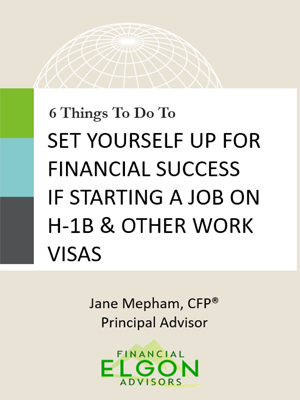
6 Things to Do
When Starting A Job on H-1B Visa
You are starting a new job on a work visa, there are some critical things, that will set up for financial success in the first 3-6 months. Download the free guide below for the detailed list!
We never spam. By signing up you’ll also receive access to future resources right to your inbox.
Disclaimer: This article is provided for general information and illustration purposes only. Nothing contained in the material constitutes tax advice, a recommendation for the purchase or sale of any security, investment advisory services, or legal advice. I encourage you to consult a financial planner, accountant, and/or legal counsel for advice specific to your situation. Reproduction of this material is prohibited without written permission from Jane Mepham and all rights are reserved. Read the full disclaimer here.
